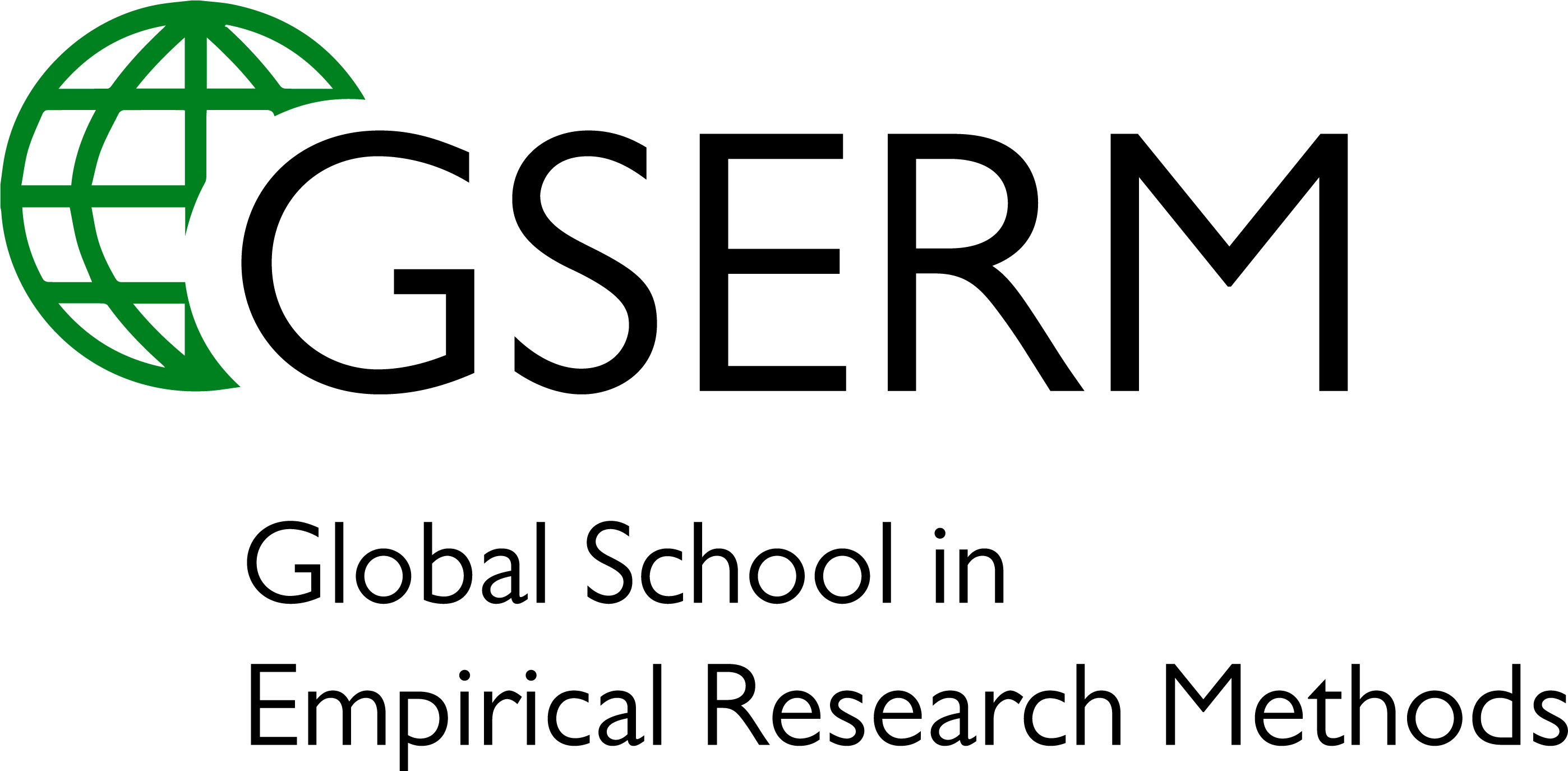Over the last decade, Artificial Intelligence (AI) has seen a steep rise to the top, with large tech companies such as Google, Facebook, and Amazon investing heavily in research and development. From chatbots and face recognition algorithms to self‐driving cars, AI quickly transforms technology, business, and society. The driving factors behind this momentum are the recent advances in machine learning, particularly deep learning.
This course introduces the fundamental concepts of Deep Learning (DL). The objective is to provide a broad overview of the field, empowering you to understand the relationship between AI and DL and DL’s exciting and challenging application areas. Upon completing this course, you should be familiar with the common terminology in the field and understand its basic concepts. In addition, you will learn how distinct DL architectures can be applied to train your machine learning models.
The detailed topics covered in the course include:
• Machine Learning Introduction
• Artificial Neural Networks (ANNs) and Backpropagation
• Convolutional Neural Networks (CNNs) and Autoencoders (AENs)
• Recurrent Neural Networks (RNNs) and Generative Adversarial Networks (GANs)
• Real-World Challenges and Trustworthy AI
We look forward to embarking on this exciting journey with you, exploring the cutting-edge concepts that are reshaping our technological landscape.


